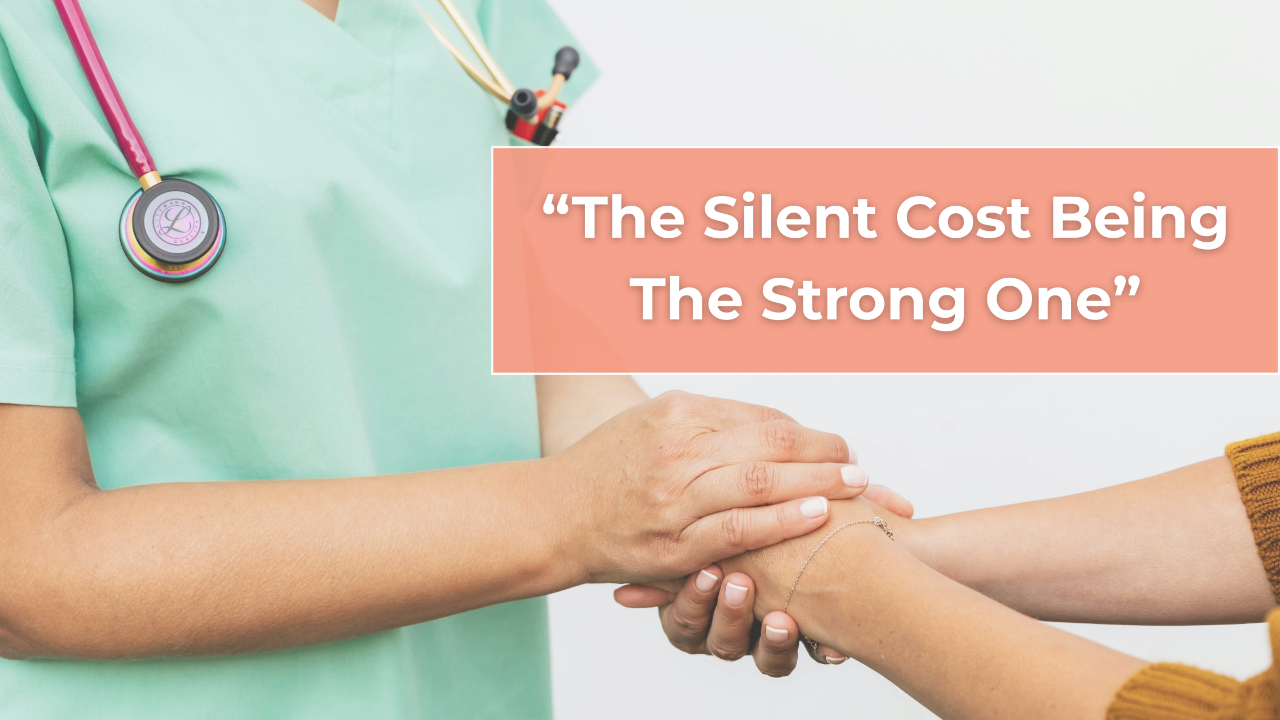Navigating Life After Domestic Violence: Understanding the Impact of CPTSD
Apr 02, 2024
Survivors of domestic violence are incredibly resilient individuals who have shown immense courage by breaking free from their abusive situations. However, the journey to recovery doesn't end once they escape their abuser. In fact, for many survivors, the aftermath of abuse can be just as challenging to navigate as the abuse itself.
One of the most common challenges survivors face is the lingering effects of Complex Post-Traumatic Stress Disorder (CPTSD). Unlike traditional PTSD, which typically results from a single traumatic event, CPTSD is often associated with prolonged exposure to trauma, such as ongoing abuse in an intimate relationship. This can manifest in a variety of ways, impacting survivors both emotionally and physically.
One of the hallmark symptoms of CPTSD is the occurrence of flashbacks and panic attacks. These can be triggered by anything that reminds the survivor of their traumatic experiences, such as certain sounds, smells, or even specific words or gestures. During a flashback, survivors may feel as though they are reliving the trauma, experiencing intense emotions and physical sensations as if they were back in the abusive situation.
Panic attacks, on the other hand, often come on suddenly and can be overwhelming for survivors. Symptoms may include rapid heartbeat, shortness of breath, trembling, and a sense of impending doom. Survivors may feel as though they are losing control or going crazy during a panic attack, further exacerbating their distress.
It's important for survivors to understand that experiencing flashbacks and panic attacks is a normal response to trauma, and it does not mean that they are weak or defective in any way. These symptoms are the brain's way of trying to process and make sense of the trauma they have endured.
As a domestic violence recovery coach, it's crucial to provide survivors with tools and strategies to cope with these symptoms when they arise. This may include grounding techniques to help bring them back to the present moment, such as deep breathing exercises or focusing on their senses. It's also important to encourage survivors to practice self-compassion and to remind themselves that they are safe and deserving of love and support.
Additionally, therapy can be incredibly beneficial for survivors of domestic violence, especially those struggling with CPTSD. Cognitive-behavioral therapy (CBT), dialectical behavior therapy (DBT), and Eye Movement Desensitization and Reprocessing (EMDR) are just a few examples of therapeutic approaches that can help survivors process their trauma and learn healthy coping mechanisms.
Ultimately, recovery from domestic violence is a journey, and healing takes time. By providing survivors with the support, understanding, and resources they need, we can help them reclaim their lives and move forward on their path to healing and empowerment.
We have another great mindfulness for you today, to help you release trapped emotions. Listen Here
View The Entire Collection
See all our blog posts to discover valuable insights and tools for navigating trauma and healing with guidance and support.












